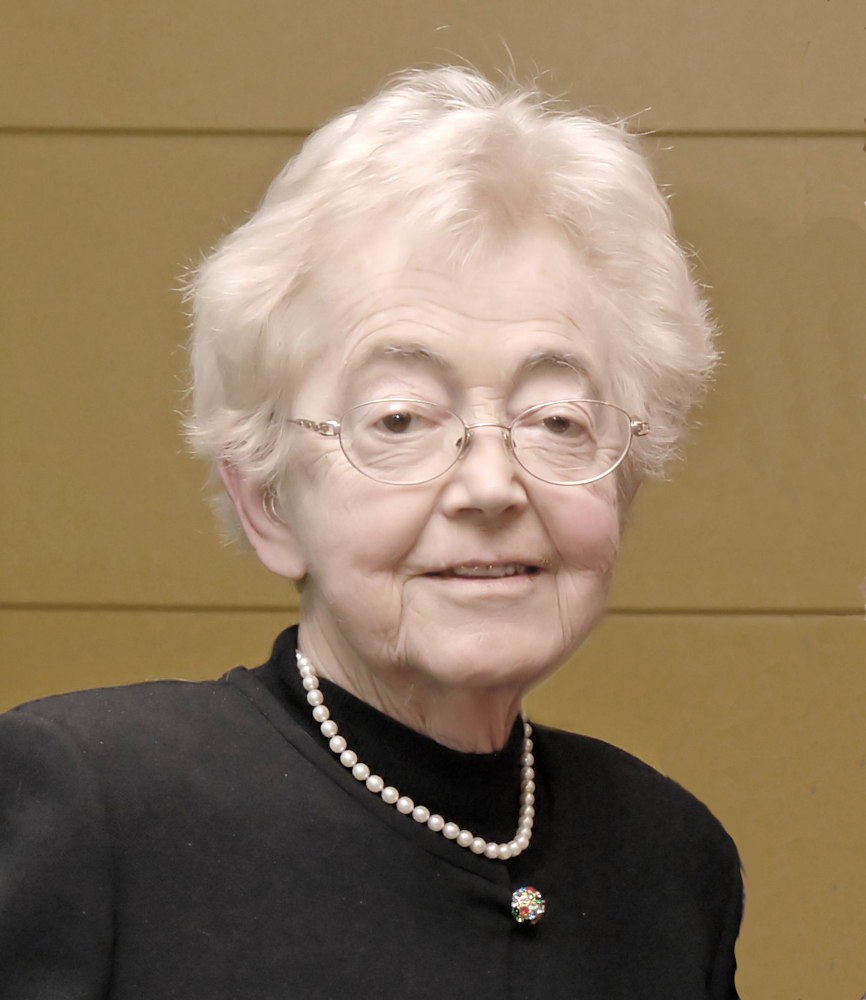Judge Betty Binns Fletcher ’43, a former member of the 9th U.S. Circuit Court of Appeal known for being a trailblazer for women in the legal profession, died Monday night of natural causes. She was 89.
“As a woman who broke down many barriers, your example will be an inspiration for decades to come,” President Jimmy Carter wrote in 2009 to congratulate Fletcher on her 30th year as a federal judge. Carter appointed Fletcher to the court in 1979, a post she would keep until her death. She took senior status in 1996 to open the way for her son, William Fletcher, to be appointed to the court upon nomination from President Bill Clinton.
After receiving a bachelor of arts from Stanford in history at the age of 19, Fletcher went on to attend University of Washington School of Law, graduating at the top of her class in 1956. Despite her strong academic credentials, Fletcher found it difficult to get a job at a law firm, according to her grandson Josh Weiner ’07.
“She spent months and months interviewing with the big law firms in Seattle, and they wouldn’t hire a woman,” Weiner said.
She finally received a job offer from Preston Gates & Ellis, which has since become K&L Gates. She became not only the firm’s first female partner, but also one of the first female partners at any major law firm in the country. Her former partners — Jim Ellis, Bill Gates Sr. and Kari Glover — would later write an op-ed to The Seattle Times to celebrate her accomplishments in 2009.
“Fletcher has always displayed the pioneering spirit to speak up for what is right, to challenge perceptions about what can be achieved and to break new ground for the sake of building a more humane community,” they wrote.
During the time she sat on the 9th U.S. Circuit Court of Appeals, Fletcher was known for being an influential liberal-leaning judge, authoring opinions that protected immigration rights, supported affirmative action and addressed environmental issues. She is also identified for her work in attempting to overturn death penalty cases.
“At the end of the day, if you asked her what she would want her legacy to be, it would be being a leader for women in law, being a champion for vulnerable members of society and a voice for justice,” Weiner said.
He added, however, that despite her well-known professional life, he cannot help but remember her as his grandmother first. Two weeks ago, Fletcher officiated Weiner’s wedding to his fiancée of seven years, which was held in Massachusetts.
“It was a miracle,” Weiner said. “She was not doing well the week before our wedding, [and] it was really unclear if she was going to be able to get on a plane from Seattle. But she did do it. It meant the world for us.”
Despite officiating the wedding from a wheelchair, Weiner said Fletcher “completely captivated the room.”
Fletcher is survived by four children and numerous grandchildren and great-grandchildren.
— Kurt Chirbas
